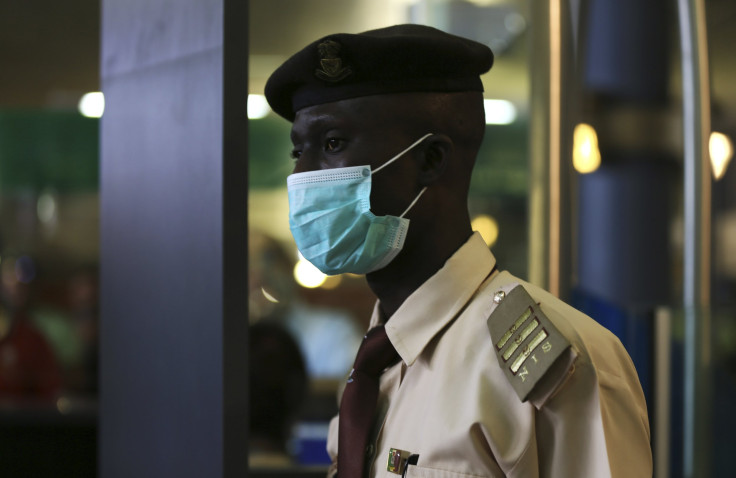Ebola Crisis In Nigeria And Guinea: WHO Says 'Cautious Optimism'

The World Health Organization says public awareness campaigns in Nigeria and Guinea have inspired “cautious optimism" that the Ebola crisis in those nations could soon improve. The WHO warns these gains do not mean the outbreak is “under control,” saying “progress is fragile, with a real risk that the outbreak could experience another flare-up.”
Health care workers in Nigeria have seemingly kept the outbreak limited to a small group of people connected to Patrick Sawyer, a Liberian-American man who collapsed in a Lagos airport and later died in Nigerian care. Sawyer traveled to Nigeria in late July during a peak in international and local concern over the outbreak. Nigeria moved quickly to monitor and isolate any potential contacts of Sawyer’s, but with differing results, further fueling speculation Nigeria would be hit hard by the viral disease.
Likewise in Guinea, WHO says public awareness of the threat of Ebola is noticeably higher than in Liberia and Sierra Leone. Community leaders have opened up 26 villages previously resistant to outside medical aid, allowing health care workers access to at-risk and affected communities.
Health officials have repeatedly cited the lack of education about Ebola as a primary factor in its uncontrolled spread throughout West Africa. Many communities refuse to break from traditional medicinal and burial methods that exacerbate Ebola’s spread.
The death toll has now risen above 1,200 across the region, with 113 cases and 84 deaths between Aug. 14-16, according to WHO and local ministries of health. Doctors Without Borders, which has been responding directly to the outbreak since it started in March, expects it to last "at least six months."
© Copyright IBTimes 2024. All rights reserved.






















